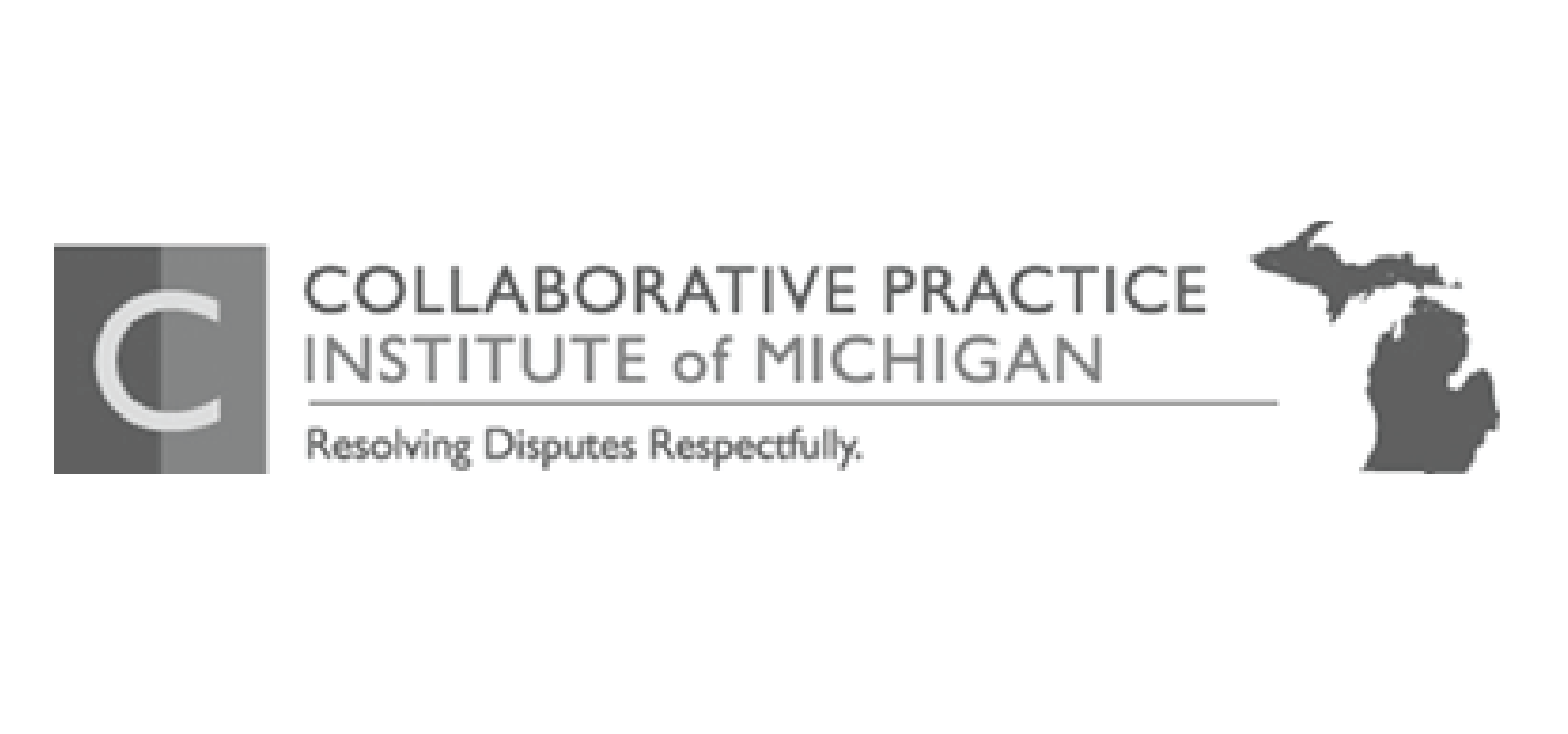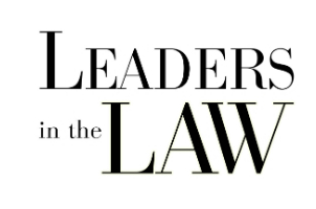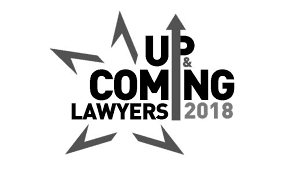Whistleblower Allowed to Proceed with Her Federal False Claims Qui Tam Case Against Home Health Agency
July 02, 2018 Category: Qui Tam, Whistleblower & False Claims
On June 11, 2018, The Sixth Circuit Court of Appeals in United States ex rel. Marjorie Prather v Brookdale Senior Living Communities, Inc., et al, issued a favorable ruling for Prather, the relator, in a claim brought pursuant to the Federal False Claims Act (“FCA”) case.
The Court of Appeals reversed the district court and held that Prather established the materiality element of her FCA claim based on defendants’ misrepresentation of their compliance with the timing requirement for their certificates for Medicare reimbursement. Specifically, Prather alleged that the defendants’ Medicare claims lacked the requisite physician attestations regarding the need for medical services that defendants provided to recipients of home health services. The governing regulation states that “[t]he certification of need for home health services must be obtained at the time the plan of care is established or as soon thereafter as possible and must be signed and dated by the physician who establishes the plan.” 42 C.F.R. §424.22(a)(2). The regulation further allows a “home-health agency to complete a physician certification of need after the plan of care is established, but…such a delay [is] acceptable only if the length of the delay is justified by the reasons the home-health agency provides for it.” (additional citation omitted) Although the district court did not address the scienter requirement, the court held that Prather alleged sufficient facts to support a reasonable inference that “the defendants acted with ‘reckless disregard’ with respect to their compliance with” § 424.22(a)(2).
In Prather, the Sixth Circuit in applying the definition of materiality as set forth in Universal Health Services, Inc. v. United States ex rel. Escobar, 136 S. Ct. 1989 (2016) as assessing the “effect on the likely or actual behavior of the recipient of the alleged misrepresentation.” Prather alleged defendants violated the timing requirement in 42 C.F.R. § 424.22(a)(2), which “is an express condition of payment[,]” and this weighed in favor of finding that defendants’ “misrepresentation with respect to this requirement is material.” Prather also alleged that “the government paid the claims submitted by the defendants without knowledge of the non-compliance, thus the government’s payment of the claims was irrelevant in determining “materiality.”
















